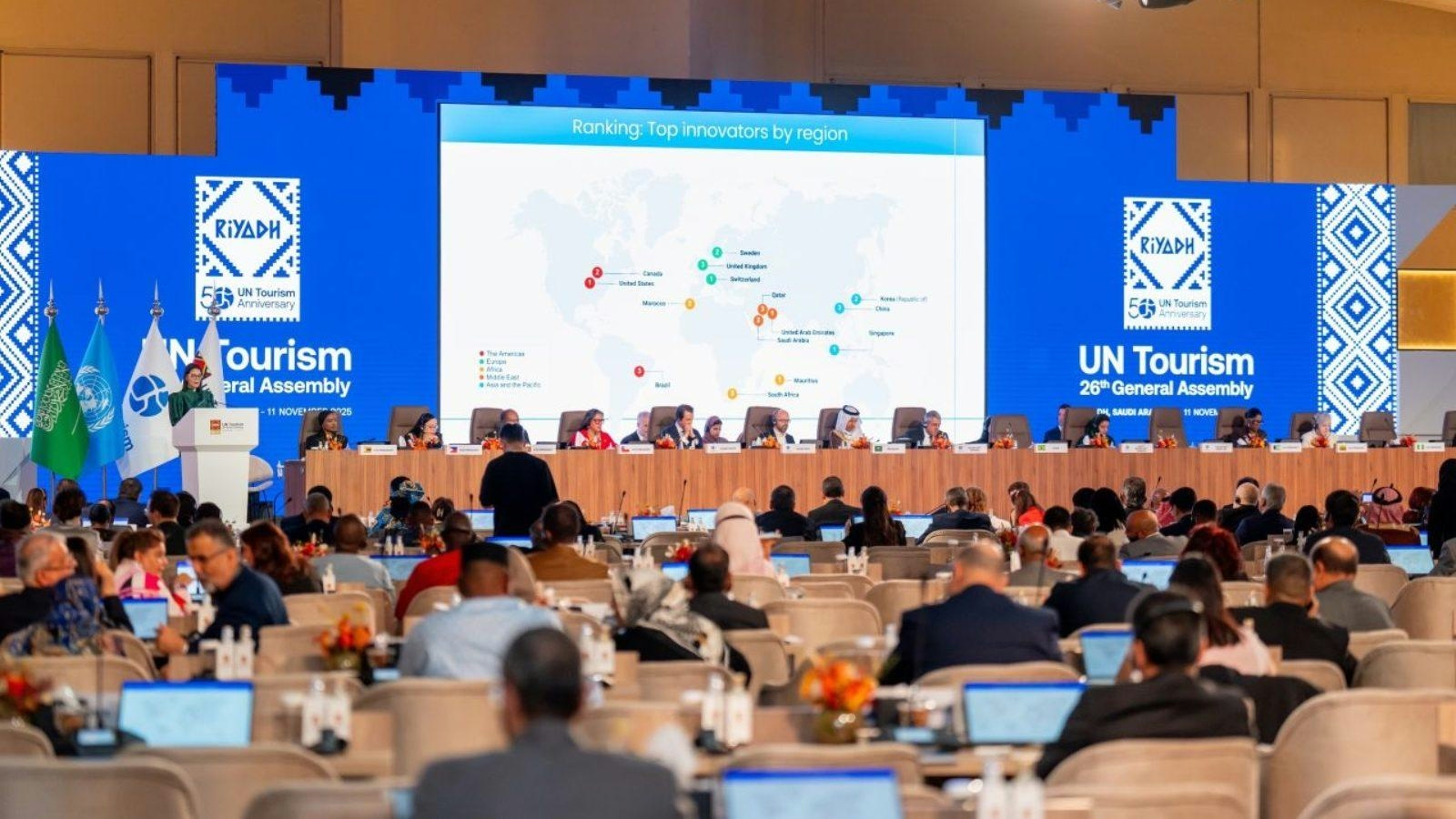AeroGenie — Your Intelligent Copilot.
Trending
Categories
Japan Airlines Explores AI and Smart Tourism at UN Tourism Assembly in Riyadh

Japan Airlines Advances AI Integration and Smart Tourism at UN Assembly in Riyadh
Japan Airlines (JAL) is intensifying its commitment to artificial intelligence and smart tourism technologies, aligning its strategic vision with the global framework introduced at the 26th General Assembly of UN Tourism held in Riyadh, Saudi Arabia. The Riyadh Declaration, emerging from the assembly, identifies AI, sustainability, and digital transformation as foundational elements shaping the future of international tourism, signaling a pivotal shift in industry priorities.
Embracing Technology Amidst Growing Tourism Demand
In 2024, Japan welcomed a record 36.9 million visitors, prompting a national focus on harmonizing tourism growth with sustainable, technology-driven solutions. JAL has proactively integrated advanced AI systems aimed at optimizing flight operations, enhancing passenger services, and supporting regional tourism development. This approach reflects a broader industry movement, where airlines and hospitality providers increasingly view technology as a transformative force rather than a mere operational tool.
The Riyadh Declaration highlights AI’s critical role in personalizing travel experiences, optimizing route efficiency, and elevating customer service standards. JAL stands among the leading carriers exploring AI’s potential to deliver seamless, customized travel solutions. The airline is investing heavily in digital technologies designed to tailor services to individual passenger preferences while simultaneously improving operational efficiency and environmental sustainability.
Navigating Challenges in AI Adoption
Despite these advancements, JAL’s pursuit of AI and smart tourism integration faces notable challenges. Regulatory complexities and resistance from traditional tourism stakeholders cautious of rapid technological change present significant obstacles. Moreover, substantial investment in AI infrastructure is necessary, requiring JAL to demonstrate clear, measurable benefits to justify these expenditures. The UN Tourism Assembly’s emphasis on innovation and digital transformation is expected to heighten market pressures, compelling competitors to accelerate their own AI initiatives to maintain relevance.
Industry leaders beyond aviation, including major hotel chains such as Hyatt, are also innovating with digital solutions to meet the evolving demands of tech-savvy and sustainability-conscious travelers. For JAL, embedding AI into its operations is viewed as essential to preserving its reputation for exceptional customer service and meticulous attention to detail in the post-pandemic landscape.
As the global tourism sector embarks on a new era defined by digital innovation, Japan Airlines’ efforts to harness AI and smart tourism technologies position it at the forefront of this transformation. The coming years will be critical in determining how effectively JAL and its industry peers can overcome regulatory, financial, and operational challenges to realize the vision of smarter, more sustainable travel.

Emirates Unveils Cabin Design for New Boeing 777X

Eighteen Years On, the Airbus A380 Remains Central to a $34 Billion Airline

How a boom in luxury airline seats is slowing down jet deliveries

Navitaire Outage Attributed to Planned Maintenance

DigiYatra Debuts Outside Aviation at India AI Impact Summit

Vietnam Orders Strengthen Boeing’s Commercial Outlook

Airbus Signals Uncertainty Over Future A400M Orders

JobsOhio Awards $2 Million Grant to Hartzell Propeller for Innovation Center

Collins Aerospace Tests Sidekick Autonomy Software on YFQ-42A for U.S. Air Force CCA Program

How the Airbus A350-1000 Compares to the Boeing 777
